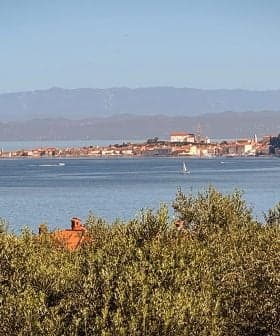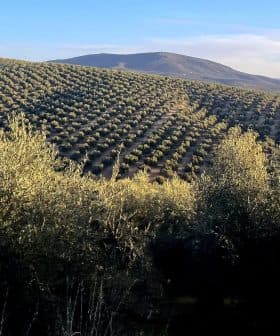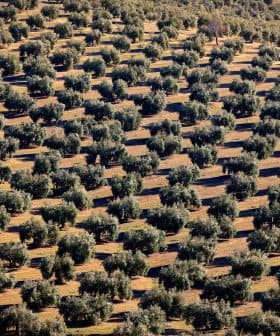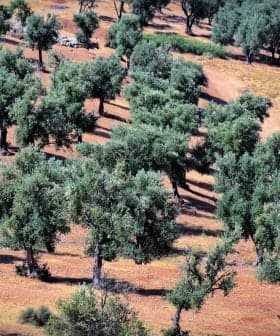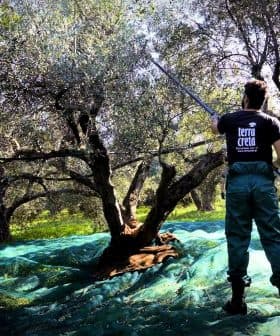Ahead of a Bumper Harvest, Lebanese Producers Demonstrate Resilience
Producers expect near-record yields but continue to face some of the world's most difficult olive oil production conditions.
 The olive harvest is wrapping up at Solar Olives.-olives
The olive harvest is wrapping up at Solar Olives.-olives Lebanon is expecting a bountiful olive harvest this year due to higher levels of precipitation, with producers anticipating a yield that could be the second-largest on record. Rising energy costs and inflation have significantly increased production expenses for olive oil producers, who are focusing on exports due to the economic challenges in Lebanon.
Amid ongoing political and economic turmoil, the olive harvest is getting underway in Lebanon, and producers around the country anticipate a bountiful harvest.
“As far as quantity, the harvest is much better this year,” Ibrahim Al Kaakour, the owner of Genco Olive Oil, told Olive Oil Times. “Last year, there was a very big drought which decreased both quantity and quality.”
We’ve been able to generate enough cash to sustain our rising costs, but we received zero aid from the government… I’m not sure if there’s going be a breaking point.
Al Kaakour buys olives from all four corners of Lebanon to produce his blends, which he mainly exports. He added that he is still at the beginning of the harvest but expects to produce about 40 to 50 tons of olive oil.
Official production estimates have not been published, but International Olive Council data show that Lebanon produced 21,500 tons of olive oil in the 2021/22 crop year, slightly above the rolling five-year average of 19,200 tons.
See Also:2022 Harvest UpdatesAl Kaakour and other producers interviewed by Olive Oil Times expect this year’s harvest to exceed last year’s and possibly the 26,000 tons produced in the 2020/21 crop year, which would make this the second-largest yield since records began.
Al Kaakour attributed the bountiful harvest to higher levels of precipitation throughout the year, topped off by timely rain just before olive picking began in October.
Last year, it did not rain significantly in Lebanon until December, which decreased the quantity of olives that developed on the trees and the quality of the oil produced.
Walid Mushantaf, the co-owner of Bustan el Zeitoun, located in southern Lebanon, told Olive Oil Times that he was expecting one of his best harvests.
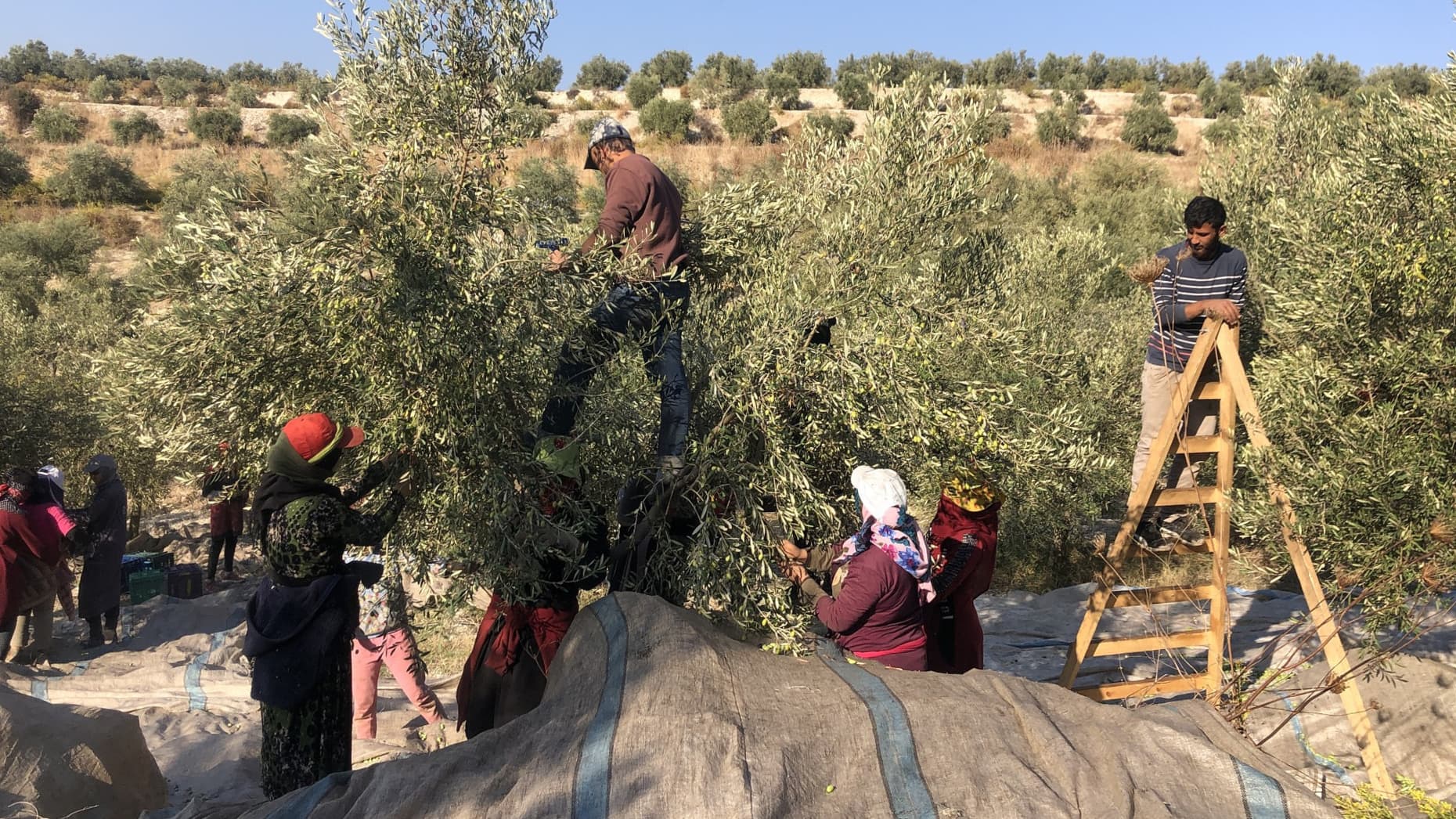
Producers at Bustan el Zeitoun expect their best harvest of the past half-decade.
“For sure, we had difficulties, but this season is one of the best in the past four or five years,” he said. “Quality and quantity are good.”
He also attributed the bumper crop to plentiful and timely rains. In previous years, rain coincided with the blossoming of the olive trees in May, which prevented pollination from occurring.
On the other side of Lebanon, Karim Arsanios, the owner of Solar Olives, is close to completing his harvest and expects to produce about 3.5 tons of olive oil.
“This year was much better than last year in terms of quantity,” he told Olive Oil Times. “We got approximately two to three times what we got last year in terms of yield.”
Arsanios is in his third year of production and said his business also is focused mainly on exports. He ships about 80 percent of his output abroad to bring in hard currencies, including dollars and Euros, to pay for his ever-rising production expenses.
Chief among these expenses is the cost of electricity and fuel. Large swaths of Lebanon have not enjoyed round-the-clock electrical coverage since the 1990s. As a result, most producers rely on generators to power their mills.
Compounding their challenges, Lebanon’s state electricity provider recently raised its prices for the first time in more than three decades.
“We are not getting electricity from the power stations,” Al Kaakour said. “Mills are now using their own generators, and the price is much higher than getting electricity from the government.”
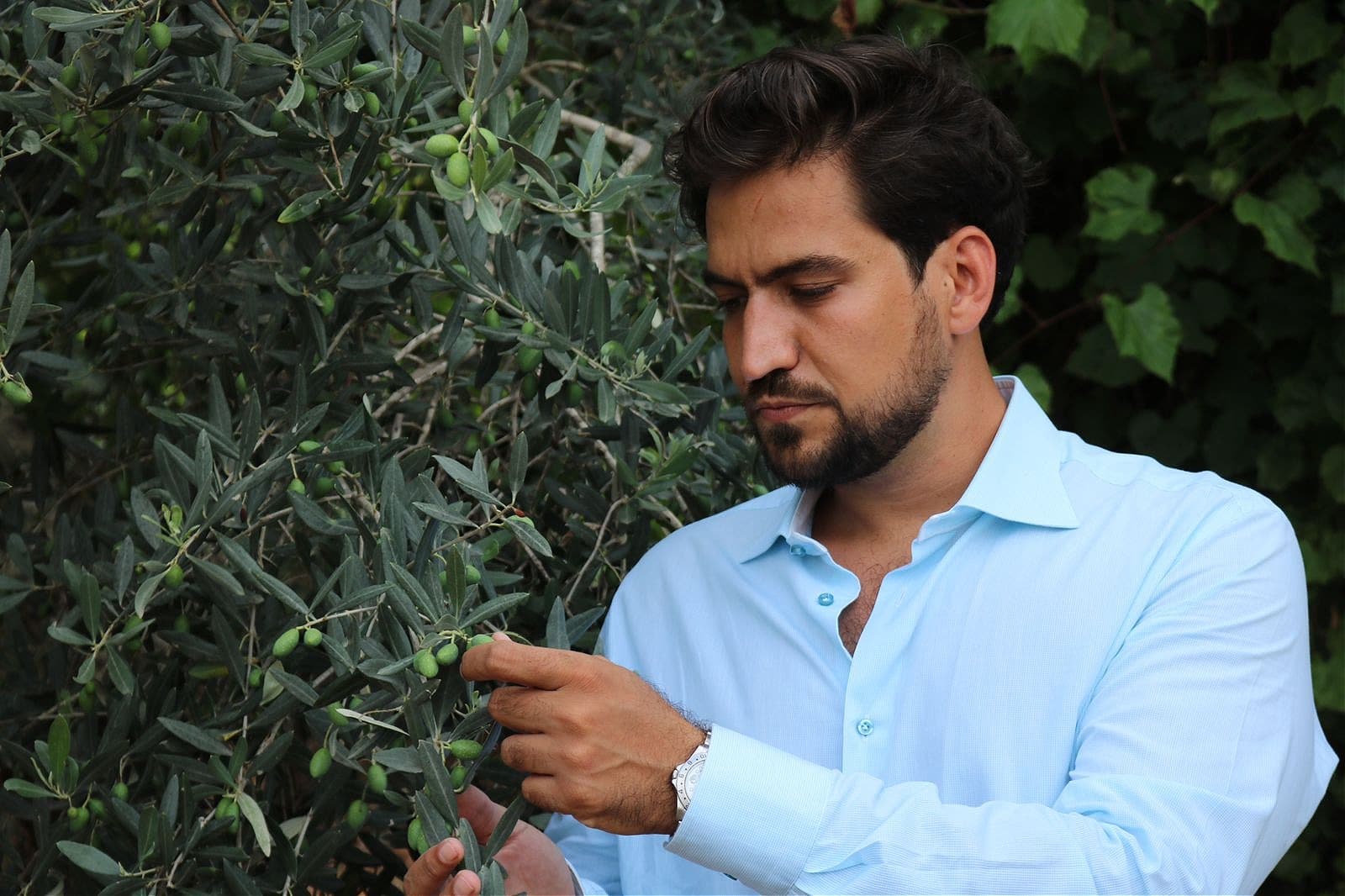
Ibrahim Al Kaakour continues to shift his focus on exports.
Al Kaakour used to pay $0.09 per kilowatt hour from the government. Now those prices are closer to $0.20 per kilowatt hour for one or two hours of electricity per day. Using his generator, Al Kaakour estimates that he is paying about $0.60 per kilowatt hour.
“Costs have been skyrocketing, especially energy costs,” Arsanios confirmed. “They’ve doubled, even tripled, compared to last year.”
Rising energy costs make everything more expensive. Away from his mill, Mushantaf relies on electricity to power his irrigation system. He lamented that increasing prices for fertilizer and pesticides have also made production much more expensive.
As a result of rampant inflation in Lebanon, which is experiencing the second-highest inflation rate globally in 2022, Mushantaf has essentially given up on the local market.
“We are mainly focused on exports because purchasing power in Lebanon has fallen dramatically,” he said.
According to World Bank data, annual consumer price inflation rose from 3 percent in 2019 to 155 percent in 2021.
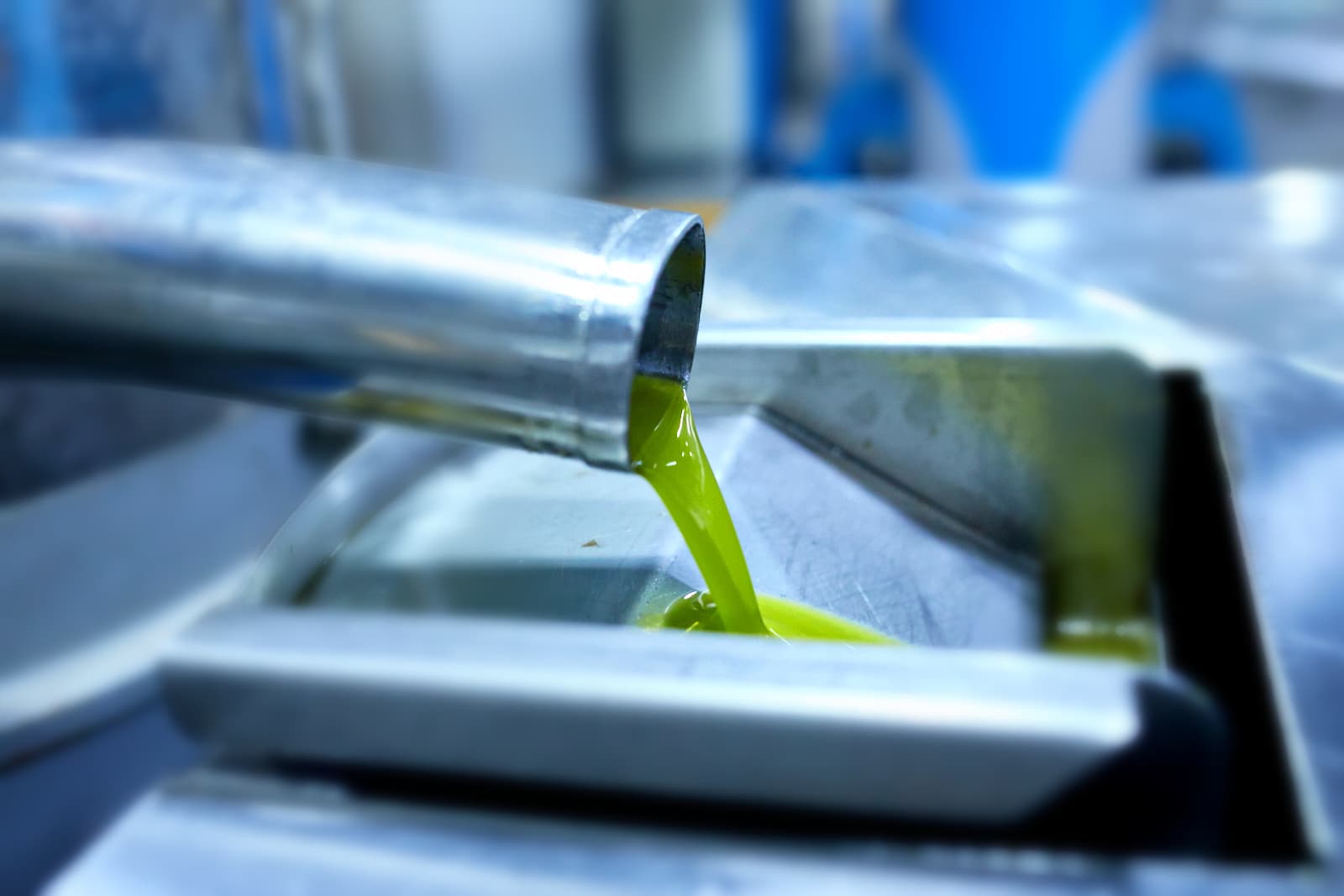
Olive oil prices will have to rise in Lebanon to match the exponential increase in produciton costs.
Mustantaf used to sell to local restaurants and catering businesses, but the dramatic decrease in tourism means demand from these sectors has evaporated. “The only way for us to survive is to find new markets outside the country,” he said.
Al Kaakour added that prices for glass bottles and other packaging materials have also increased significantly. “For a country that doesn’t produce glass bottles locally, that’s a huge problem,” he said.
Unlike their counterparts in Europe – angry olive growers have successfully lobbied governments in Spain, Italy and Greece for subsidies and other forms of support – there is no help from the government in Lebanon.
The currency crisis means many senior civil servants – the lifeblood of any functioning government bureaucracy – have left the country in droves.
For producers, this means waiting months to receive the necessary export permissions from two separate ministries, which they said puts them at a competitive disadvantage.
“We are completely left to our own devices,” said Arsanios, adding that a strong sense of community has developed among producers as they seek to provide assistance that the government cannot.
However, they worry that their operations will become unsustainable as the country’s political and financial crises approach their fourth year, even as they continue to promote Lebanese olive oil abroad.
“We’ve been able to generate enough cash to sustain our rising costs, but we received zero aid from the government,” Arsanios said. “With the new harvest, we will have to reflect that cost to the customer.”
“We’ll have to increase our prices across all products, but there’s only so much you can pass on to the consumers,” he concluded. “I’m not sure if there’s going be a breaking point.”
Share this article


